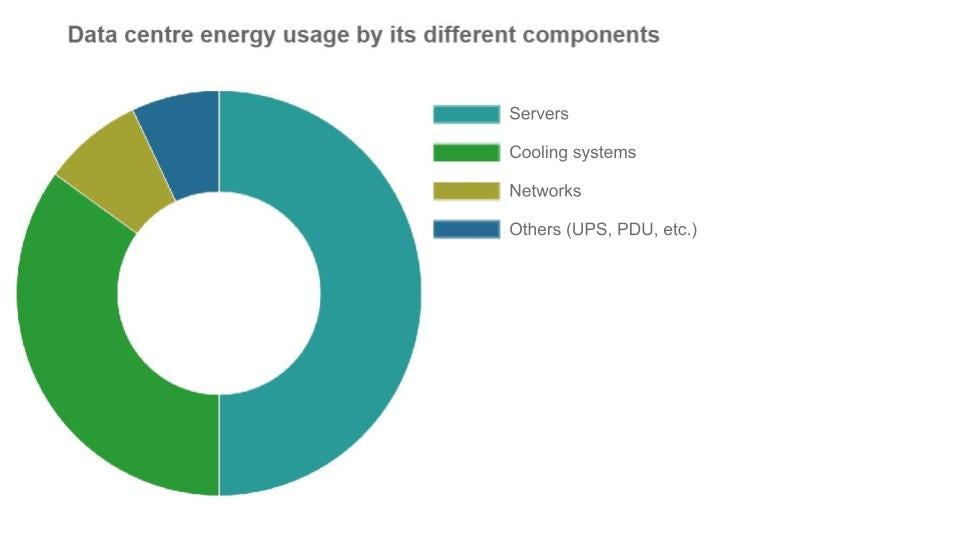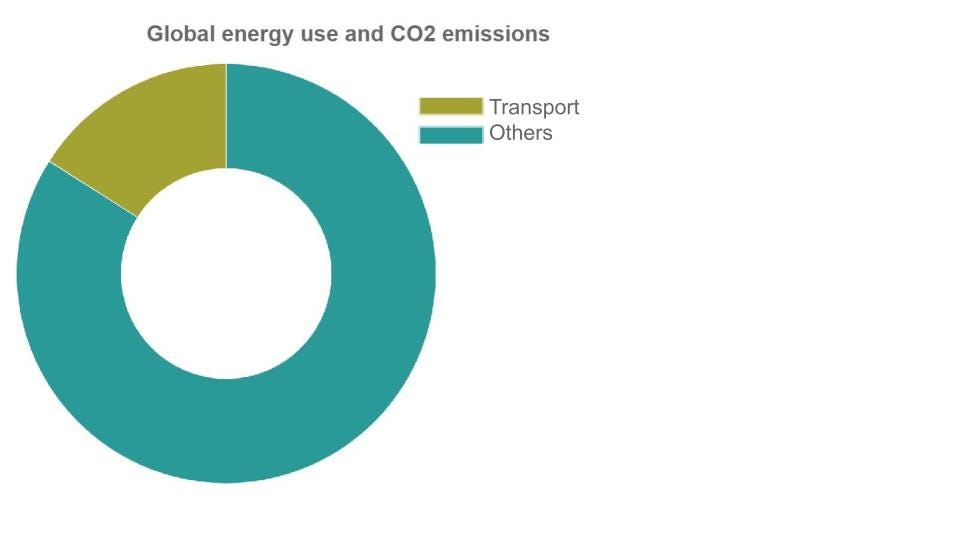Author: Talgat Akunsartov, Senior Java Software Engineer at Ness Digital Engineering
Environmental Pollution: One of the most pressing issues of our time, requiring a comprehensive and innovative approach. Java technology, one of the world's leading software development platforms, is at the forefront of seeking effective solutions. Despite the seemingly indirect impact of programming on ecology, it plays a significant role in the sustainability of our environment.
Energy Management: Nowadays, energy consumption is closely tied to ecological problems. Implementing new solutions becomes a crucial task to reduce the negative impact on the environment. Java is actively used in designing software products capable of optimizing energy use. For example, resource management algorithms in devices allow developers to create intelligent systems that monitor and regulate energy consumption in real-time, reducing excess energy usage and enhancing device efficiency.
Java is also used to create applications that optimize infrastructure operations. Automating processes such as lighting, heating, and air conditioning management in buildings using Java helps cut costs and reduce the strain on power grids. Therefore, it plays a significant role in developing innovative energy management solutions, contributing to the reduction of environmental impact and greenhouse gas emissions.
Resource Monitoring and Management: In today's world, energy and material resources are becoming increasingly scarce. The priority is to reduce the negative impact on the environment and manage reserves efficiently. Java technology provides tools for creating energy consumption tracking systems, aiding in their optimization. One of its main advantages in this field is its versatility and scalability. With multithreading and distributed programming capabilities, Java enables the design of high-performance systems that can process vast amounts of data in real-time. This is particularly important for tracking and analyzing information on the consumption of energy, water, fuel, and other resources at various levels, from household consumers to large industrial enterprises.
Java also offers a wide range of tools and libraries for data visualization, allowing the creation of intuitive and informative interfaces. This helps raise awareness and encourages more efficient energy use. Finally, Java ensures a high degree of reliability and security, which is necessary for developing systems responsible for managing critical resources. Complex monitoring, forecasting, and optimization algorithms can be implemented with Java, supporting stable and efficient energy consumption processes. Thus, the application of Java technology promotes more efficient resource and material use, helping reduce the negative environmental impact and create a more sustainable and ecologically conscious society.
Virtualization and Cloud Computing: Virtualization and cloud computing are becoming increasingly important means of optimizing energy consumption and reducing environmental impact. Java technology plays a significant role in this process by providing powerful and efficient solutions. One of the main advantages of virtualization and cloud services is the ability to consolidate server hardware. Instead of using multiple physical servers to run separate applications, this approach allows several virtual servers to run on a single physical device, reducing resource consumption as less equipment is needed. This leads to significant cost savings, as up to 85% of data center energy expenditure goes to operating and cooling systems.
Java is one of the leading programming languages used for developing cloud services. Thanks to its cross-platform nature, it provides universality and flexibility when deploying in any environment. This allows applications to scale easily according to demand, optimizing resource usage and reducing energy consumption. Java technology also contributes to the creation of innovative virtual services aimed at reducing energy costs. An example of such services is smart electricity consumption management, which automatically adjusts computing power based on load to minimize power usage. This is why virtualization and cloud computing based on Java play a significant role in optimizing resource usage, helping to address environmental pollution issues.
Innovations in Transport and Logistics
Currently, transport and logistics have a significant impact not only on economic development but also on the environment. This sector accounts for 16.2% of global energy consumption and carbon dioxide emissions. Advancements in Java technology create new opportunities for optimizing these areas and reducing their negative environmental impact. Its primary application in logistics is the development of intelligent flow management systems. Thanks to algorithms and software solutions, transport networks can be optimized to reduce traffic congestion, minimize travel time, and decrease pollution.
Example Translation
Example technologies include intelligent traffic light management systems that adapt to current road conditions, reducing vehicle idle time and emissions. Java is also used for developing vehicle monitoring and diagnostics programs, which help detect and fix issues promptly, improving economic efficiency and reducing pollution. Another significant application of this language is in the development of electric transport and the use of alternative energy sources. Software solutions are created to manage charging stations, optimize routes, and analyze energy consumption data. The advancements in Java in the field of logistics open up new opportunities for designing environmentally sustainable and efficient transportation systems, allowing for emission reductions and resource optimization.
Conclusion
Today, environmental issues are becoming increasingly pressing, and the role of innovation in addressing them is more evident than ever. Java not only contributes to efficient resource monitoring and management and plays a part in virtualization and cloud computing processes but also opens up new possibilities in the transportation and logistics sectors. Despite the successes in achieving a symbiosis between innovation and ecological sustainability, much work remains to be done. However, the prospects for the development of Java and similar technologies inspire optimism and the continuation of research in this direction.
References:
- Energy-efficiency and sustainability in new generation cloud computing: A vision and directions for integrated management of data centre resources and workloads, Wiley Online Library (https://onlinelibrary.wiley.com)
- A comparative analysis of the relationship between innovation and transport sector carbon emissions in developed and developing Mediterranean countries, Springer Link (https://link.springer.com)
- 5 Benefits of Virtualization, IBM (https://ibm.com)

